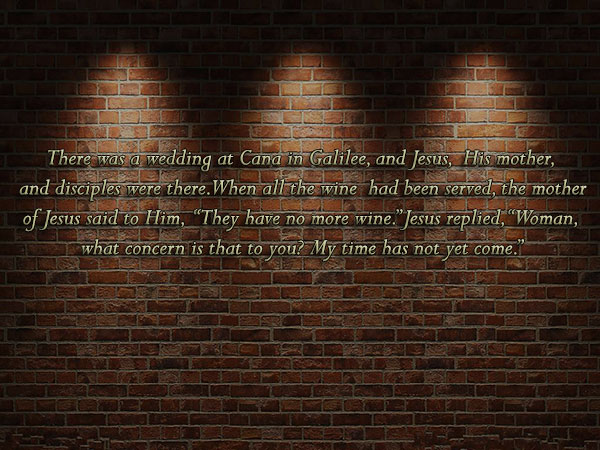Universal Intention
Countries Receiving Refugees: That the countries which take in a great number of displaced persons and refugees may find support for their efforts which show solidarity.
Every year we pray for refugees, but this month Pope Francis asks us to pray with him for the countries that receive refugees.
Where do most of the world’s refugees come from? It should be easy to guess because 54 percent of the millions of refugees in the world come from three countries embroiled in war and religious persecution—Syria, Afghanistan, and Somalia. Other notable countries from which people are fleeing in the millions are Iraq, the Democratic Republic of the Congo, South Sudan, and the Central African Republic.
Which countries host the most refugees? It’s no surprise that they are the more stable countries that border the areas of conflict—Turkey, Pakistan, and Lebanon. In 2011 there were 8,000 refugees in Lebanon. As a result of the Syrian conflict, the number swelled to 1.15 million in 2014. That’s a ratio of 232 refugees per 1,000 residents. Imagine if our own country was faced with that situation!
Lebanon is not a wealthy country loaded with the resources necessary to provide for the basic needs of refugees. Its government is limited in what it can do. It and the other countries receiving refugees must rely on the help of outside organizations.
One such organization is Jesuit Refugee Service—Middle East and North Africa (www.jrsmena.org). Besides providing emergency assistance to Syrian refugees, they also meet needs that governments are unable to meet, such as psychosocial support and education. Our faith-filled prayers are powerful, especially when we join acts of charity to them. In this way our solidarity with those most in need will make the biggest difference.
Reflect
What does it mean for me to be in solidarity with refugees in other parts of the world?
Scripture
Leviticus 19: 33-34 Have the same love for the alien as you have for yourself.
Evangelization Intention
Collaboration of Priests and Laity: That within parishes, priests and lay people may collaborate in service to the community without giving in to the temptation of discouragement.
We often talk about the good old days when things were better. We even have the idea that in the good old days of the early Church there was only harmony and peace. Not so. A quick reading of the Acts of the Apostles and the Letters of St. Paul reveals many conflicts. Some were due to ethnic and racial differences (Acts 6: 1), different theological views (Acts 15: 1-2; Galatians 2: 11-14), or jealousy (1 Corinthians 1: 10-12).
It’s hard to believe that good people, working together for a good cause, trying to serve God, end up fighting. This can lead to discouragement which in turn leads to people walking away from God’s service.
Doesn’t that sound like something the devil wants? The Holy Spirit—the Paraclete, a word that means the Consoler or Encourager—never uses discouragement to motivate us. The Evil Spirit, enemy of God and of humanity, sows seeds of division and wants to lead us down a path of discouragement and despair.
Pope Francis said: “Let us always remember that the Adversary wants to keep us separated from God and therefore instills disappointment in our hearts. Every day the devil sows the seeds of pessimism and bitterness in our hearts. Let us open ourselves to the breath of the Holy Spirit, who never ceases to sow seeds of hope and confidence.”
We ask the Holy Spirit this month to bless our parish communities with all the graces necessary to overcome those things that lead to division. May priests and lay people recognize one another’s unique gifts and use them to build up the Church and not weaken it.
Reflect
In my own parish or community, what are some of the things that lead to division and discouragement?
Scripture
Romans 16: 17-20 Be wise as to what is good and simple as to what is evil.








